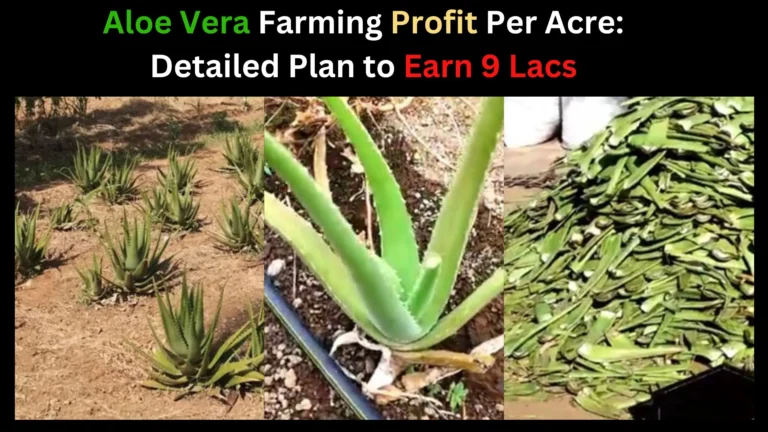
Aloe Vera Farming Profit Per Acre: Detailed Plan to Earn 9 Lacs
Aloe Vera Farming Profit Per Acre: Detailed Plan to Earn 9 Lacs Aloe Vera farming …
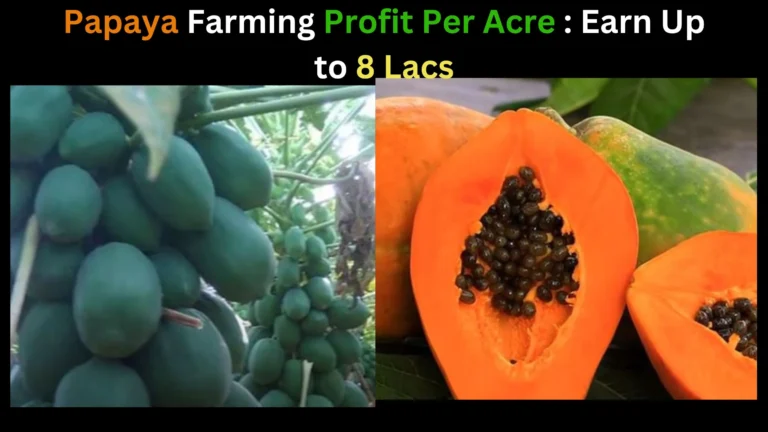
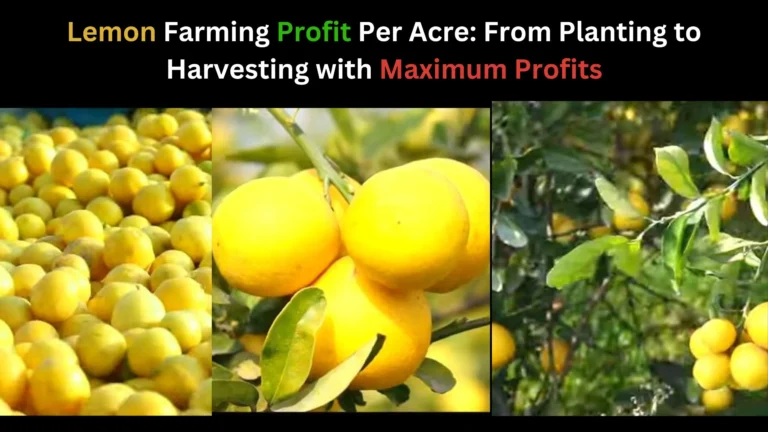
Lemon Farming Profit Per Acre: From Planting to Harvesting with Maximum Profits
Lemon Farming Profit Per Acre: From Planting to Harvesting with Maximum Profits Lemon cultivation stands …
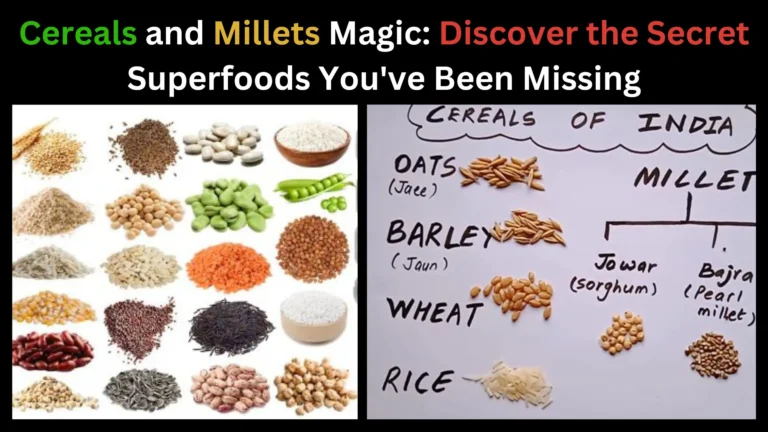
Cereals and Millets Magic: Discover the Secret Superfoods You’ve Been Missing
“Cereals and Millets Magic: Discover the Secret Superfoods You’ve Been Missing!”

Strawberry Farming: Best Practices and Profitable Strategies
Strawberry Farming: Best Practices and Profitable Strategies Introduction Welcome to our comprehensive guide on achieving …
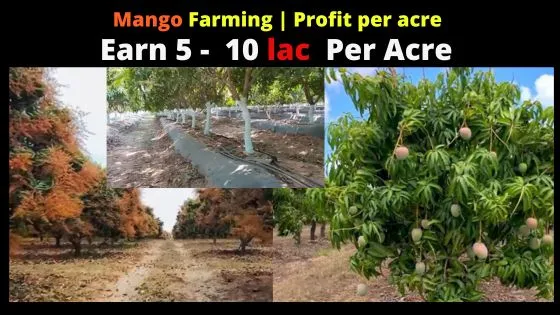
Mango Farming: Tips and Techniques for a Successful Harvest
Mango Farming: Tips and Techniques for a Successful Harvest Mango Farming – As a farmer …
Organic farming is a method of agriculture that focuses on cultivating crops and raising livestock in a way that is environmentally sustainable, promotes animal welfare, and relies on natural methods to enhance soil fertility, control pests and diseases, and preserve biodiversity. Organic farmers avoid using synthetic fertilizers, pesticides, herbicides, genetically modified organisms (GMOs), and growth hormones. Instead, they use natural techniques such as crop rotation, composting, cover cropping, intercropping, and biological pest control.
Organic farming can be classified into various types based on the type of crop, livestock, or production system. Here are some of the common types of organic farming:
- Crop-based organic farming: This type of farming focuses on the production of organic crops such as cereals, fruits, vegetables, and herbs. The crops are grown using natural techniques such as crop rotation, composting, and intercropping. Organic farmers also use natural pest control methods such as biopesticides and predator insects to manage pests and diseases.
- Livestock-based organic farming: This type of farming focuses on the production of organic animal products such as meat, milk, eggs, and wool. Organic farmers provide their livestock with a natural diet, access to pasture, and avoid the use of antibiotics and growth hormones. Livestock are also raised in a humane and stress-free environment.
- Agroforestry-based organic farming: This type of farming combines the production of crops with the cultivation of trees and shrubs. Agroforestry-based organic farming is an effective method of conserving biodiversity, improving soil fertility, and reducing soil erosion. The trees and shrubs provide shade, increase soil moisture, and serve as windbreaks.
- Aquaculture-based organic farming: This type of farming focuses on the production of organic fish and other aquatic animals. Organic aquaculture involves the use of natural feeds, avoiding the use of antibiotics and chemicals, and maintaining a clean and healthy environment for the fish.
- Integrated organic farming: This type of farming combines various organic farming practices such as crop rotation, intercropping, livestock farming, and agroforestry. Integrated organic farming aims to maximize the benefits of different farming practices while minimizing the negative impacts on the environment.
In conclusion, organic farming is an eco-friendly and sustainable method of agriculture that promotes soil health, biodiversity, and animal welfare. Organic farming can be classified into various types based on the type of crop, livestock, or production system. Each type of organic farming has its unique advantages and challenges, and organic farmers choose the type that suits their resources and goals.